5 Great Advantages of Marble Countertops
Table of Contents
ToggleTimeless Aesthetic Appeal: The unique veins and swirls in marble lend each slab a one-of-a-kind look, creating a luxurious, spa-like atmosphere in any space.
Heat Resistance: Marble naturally withstands high temperatures, making it ideal for kitchen surfaces where hot pots and pans are placed directly.
Durability: When properly sealed, marble resists scratches and stains, ensuring a long-lasting countertop solution.
Value Addition: Marble countertops can increase a home’s resale value, appealing to buyers seeking premium finishes.
Versatility in Design: Available in a wide array of colors—from classic Carrara white to rich Emperador browns—marble complements both modern and traditional decors.
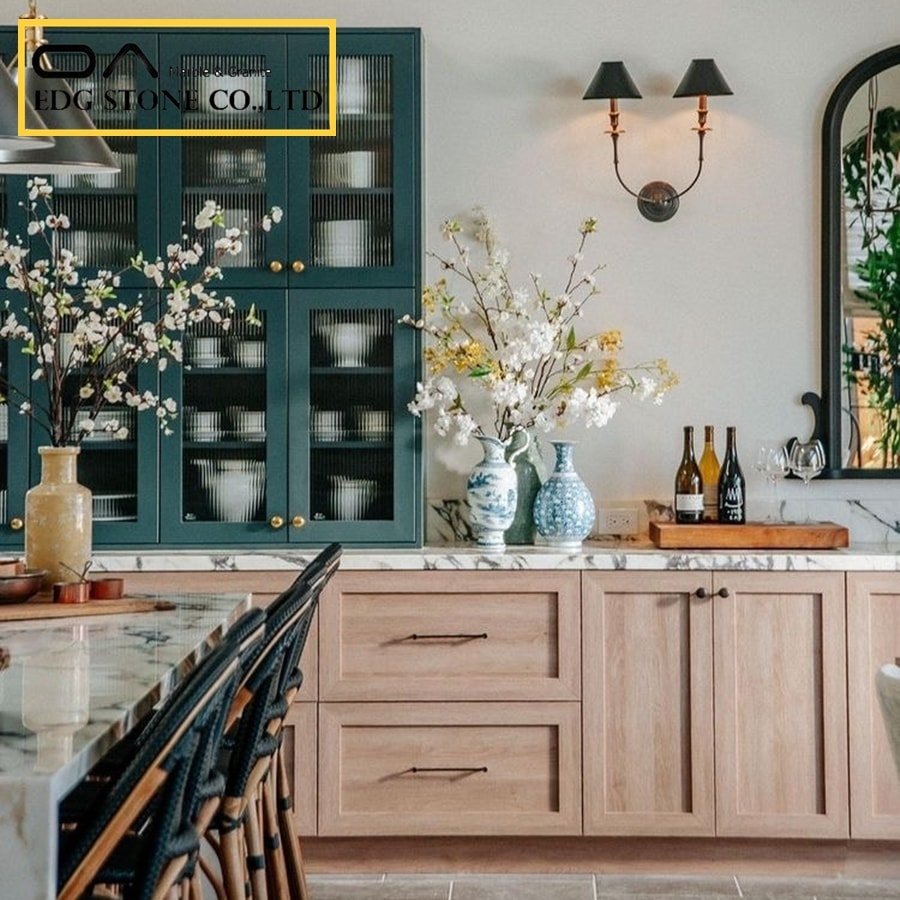
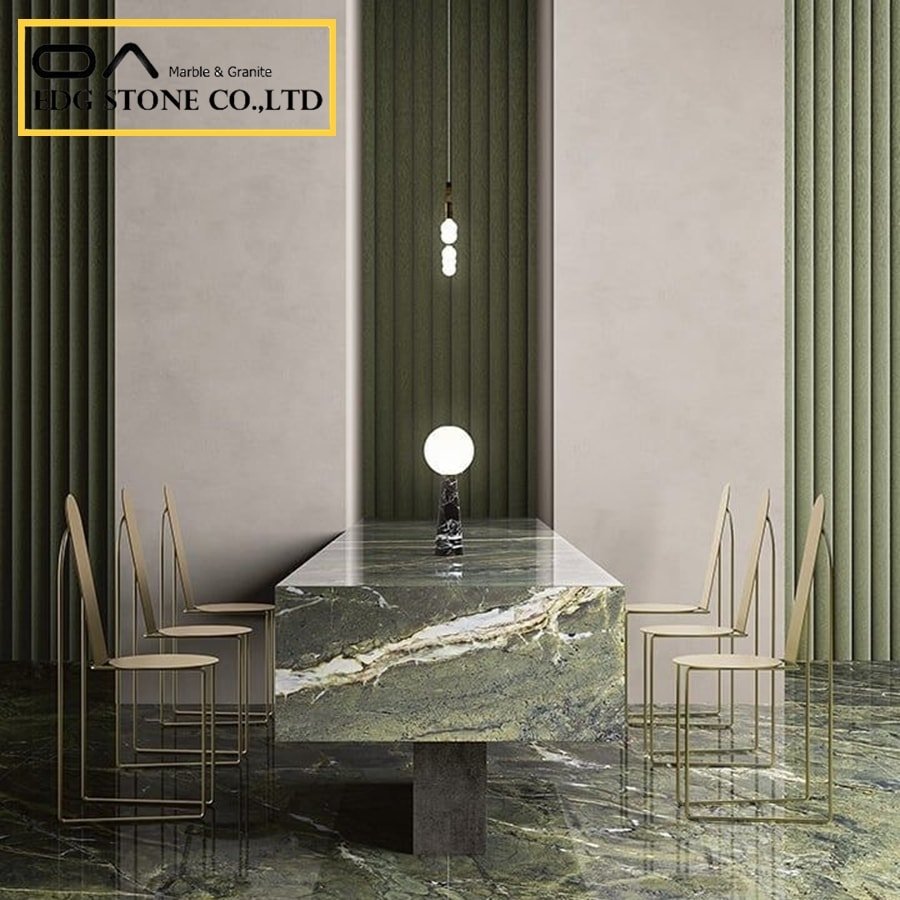
Living With White Marble Countertops: Pros and Cons
Pros
Brightens the Space: White marble reflects light, making kitchens look larger and more inviting.
Ease of Customization: Stains can be matched or re-polished, and surfaces can be honed or polished for different finishes.
Cons
Porosity: Natural marble absorbs liquids, requiring regular sealing to prevent stains.
Maintenance: Marble demands careful cleaning with pH-neutral products to avoid etching.
Cost: High-quality white marble tends to be more expensive than other countertop materials.
Why Do So Many People Have Marble Countertops?
Prestige and Luxury: Marble is synonymous with high-end design and craftsmanship.
Natural Beauty: Its unique veining patterns cannot be replicated by synthetic materials.
Longevity: With proper care, marble countertops can last decades, justifying the initial investment.
Eco-Friendly Option: As a natural stone, marble has a lower environmental footprint compared to engineered alternatives.
5 Reasons to Choose Real Marble for Your Countertops
Authenticity: Only natural marble offers genuine mineral patterns and depth.
Heat Tolerance: It remains cool to the touch, ideal for baking and pastry-making.
Investment Worthiness: Homes with marble often sell faster and at higher prices.
Customization Options: Marble can be cut into various edge profiles and thicknesses.
Timelessness: Trends come and go, but marble remains perpetually in vogue.
Why is Marble So Popular?
Historical Significance: From ancient sculptures to classical architecture, marble has been revered for millennia.
Natural Variation: Each slab tells a story through its unique composition and fossilized inclusions.
Cultural Symbolism: Marble evokes notions of purity, wealth, and sophistication.
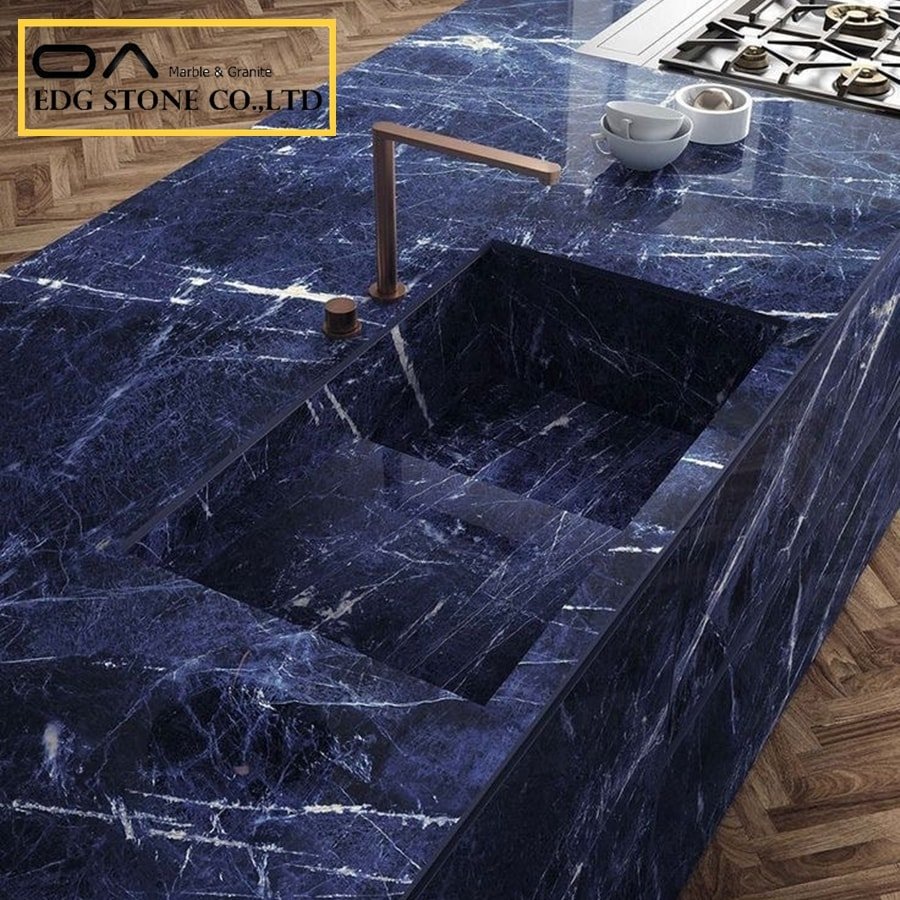
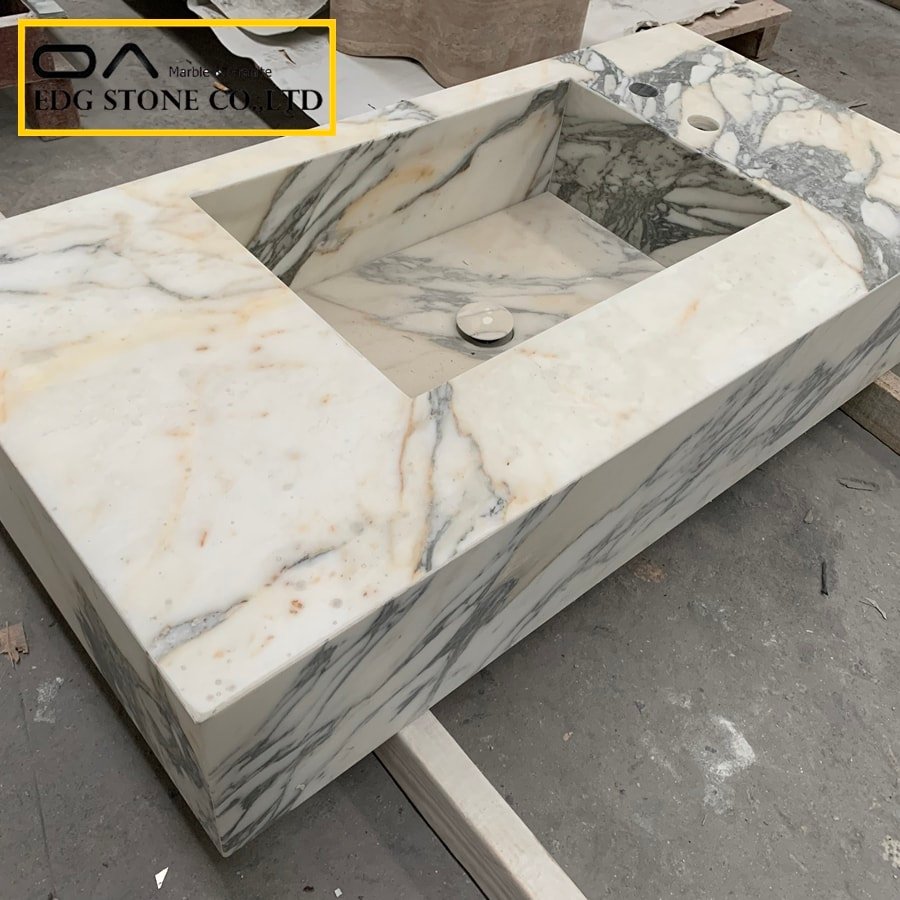
Why Would You Choose Marble Over Granite Countertops?
| Feature | Marble | Granite |
|---|---|---|
| Appearance | Soft veining, romantic look | Speckled, granular appearance |
| Heat Resistance | Excellent | Good |
| Porosity | Higher (needs sealing) | Lower (more stain-resistant) |
| Maintenance | Moderate to high | Low to moderate |
| Cost | Generally higher | Variable, often lower |
Aesthetic Priority: If visual elegance outweighs maintenance needs, marble is preferred.
Project Budget: For luxury budgets, marble elevates the design beyond granite’s typical look.
User Lifestyle: Home cooks and entertainers may appreciate marble’s cool surface.
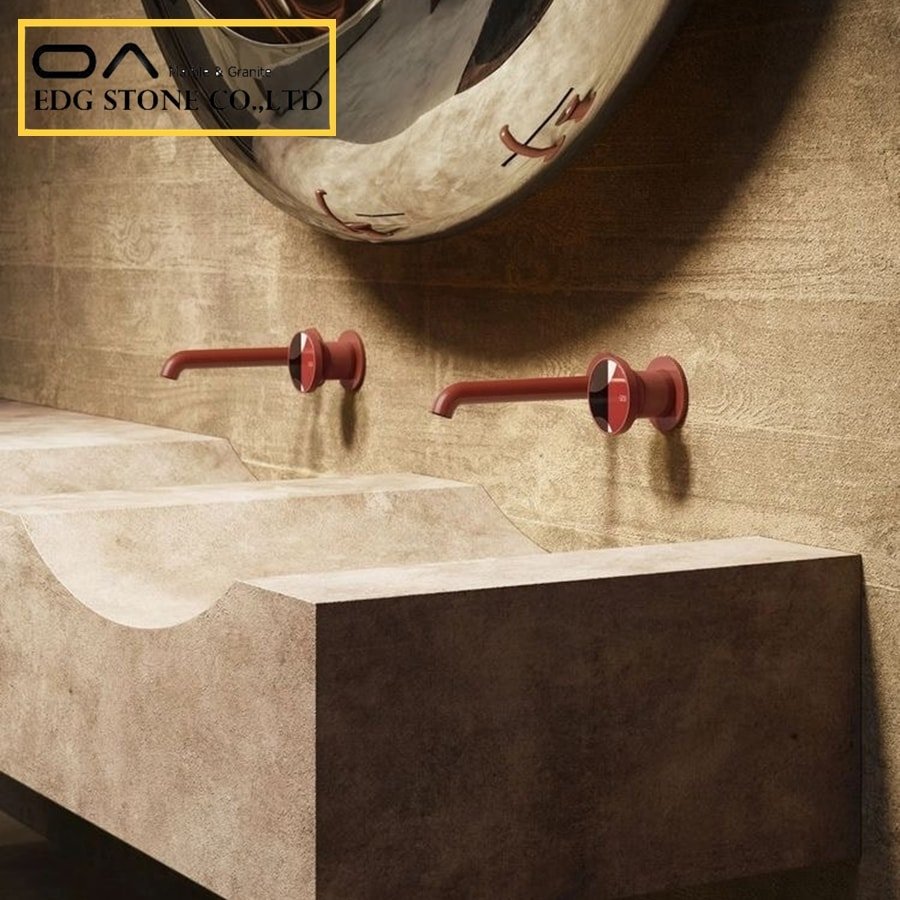
Cons of Marble Countertops
Disadvantages of Marble Countertops:
Prone to etching from acidic substances (e.g., lemon juice).
Susceptible to scratches and chips without regular sealing.
High upfront cost and installation fees.
Marble in Kitchen Pros and Cons:
Pros: Luxurious appearance, heat resistance.
Cons: High maintenance, potential staining.
Marble Countertops vs Granite
Durability: Granite is harder but less visually unique.
Maintenance: Marble requires more frequent sealing.
Cost Comparison: Pricing varies by grade, but marble often commands a premium.
Marble Pros
Natural Elegance: No two slabs are the same, offering bespoke appeal.
Temperature Regulation: Ideal for baking and tempering chocolate.
Aging Gracefully: Patina formation can add character over time.
Quartz Countertops as an Alternative
Low Maintenance: Engineered quartz is non-porous, requiring minimal sealing.
Wide Range of Finishes: Mimics marble veining without the vulnerabilities.
Cost Efficiency: Often more affordable than premium marble options.
I Hate My Marble Countertops—What Now?
Re-Sealing: A fresh sealant can reduce staining and restore shine.
Polishing: Professional polishing can remove surface etches and dull spots.
Alternative Surfaces: Consider overlaying with butcher block, concrete, or quartz.
Protective Measures: Use cutting boards, trivets, and coasters religiously.
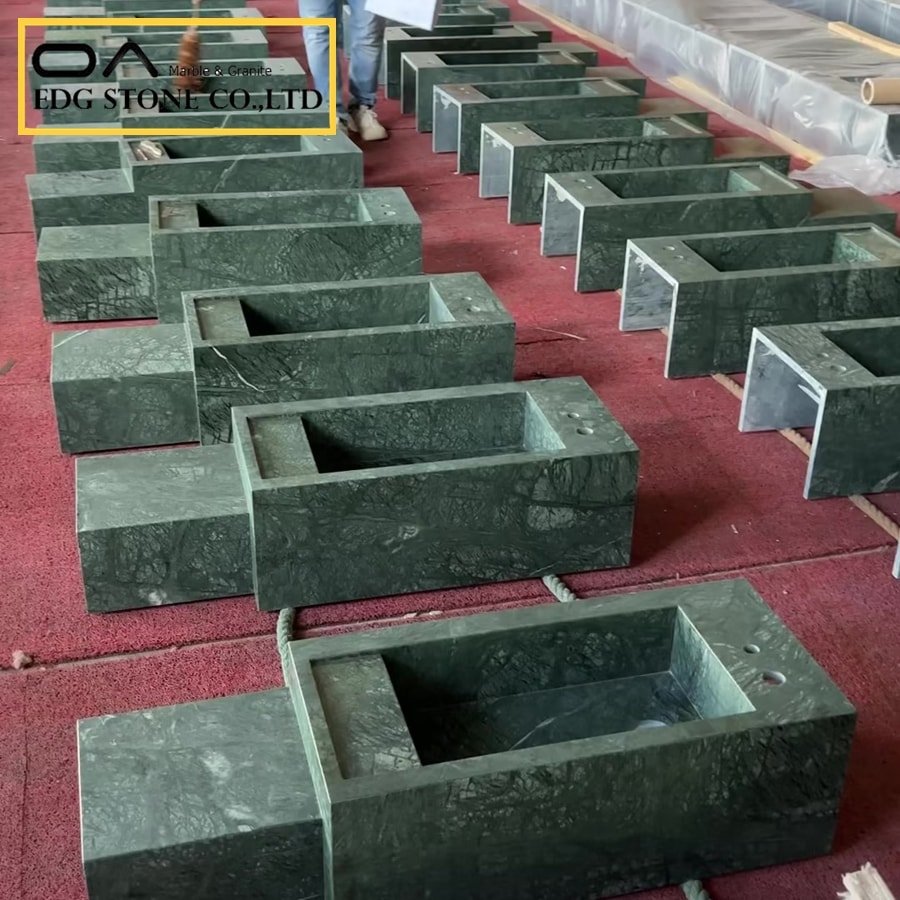
FAQ
Q: Why marble countertops?
A: Marble countertops combine natural beauty, heat resistance, and prestige, making them an attractive choice despite maintenance demands.
Q: Why is marble so popular?
A: Its unique veining, historical associations, and luxury perception drive popularity among homeowners and designers.
Q: What do I need to know about marble countertops?
A: Understand porosity, maintenance frequency, sealing requirements, and cost factors before choosing marble.
Q: Why do marbles have swirls?
A: Swirls result from mineral impurities, fossilized remains, and geological pressure during marble formation.
Q: Why choose marble countertops?
A: For their unmatched elegance, temperature regulation for baking, and long-term value addition.
Q: Why use marble countertops?
A: Their heat resistance, unique patterns, and timeless appeal make them functional art in your home.
Q: Why do marbles exist?
A: Metamorphic processes transform limestone under heat and pressure, creating marble’s crystalline structure.
Q: Why do I have marble poop?
A: (Humorous/Medical) This phrase sometimes refers to hard, lumpy stool consistency—consult a physician if concerned.
Conclusion
Marble countertops remain a top choice for homeowners seeking luxury, durability, and distinctive aesthetics. While maintenance and cost considerations are important, the benefits—from heat resistance to resale value—often outweigh the drawbacks. Whether you prefer classic white Carrara or dramatic Emperador, real marble adds timeless elegance to any kitchen or bathroom.
30 SEO-Friendly Tags
marble countertops,disadvantages of marble countertops,marble in kitchen pros and cons,cons of marble,marble for kitchen price,I hate my marble countertops,marble countertops vs granite,marble pros,quartz countertops,marble supplier,marble wholesale,marble factory,marble manufacturer,cheap marble countertops,buy marble countertops,marble China,high quality marble,real marble countertops,marble maintenance,sealing marble countertops,Carrara marble price,Emperador marble cost,marble backsplash ideas,luxury kitchen countertops,marble kitchen design,natural stone countertops,marble vs quartz,marble care tips,marble home renovation,marble countertop pros and cons,
References
Jane Smith, “The Pros and Cons of Marble Countertops,” Home Design Daily, https://homedesigndaily.com/marble-countertops-pros-cons
Peter Williams, “Marble vs. Granite: Which Countertop is Right for You?”, Renovation Experts, https://renovationexperts.com/article/marble-vs-granite
Lisa Brown, “How to Maintain Marble Countertops,” Stone Care Guide, https://stonecareguide.org/marble-maintenance
Sarah Thompson, “Marble Formation and Veining Explained,” Geology Today, https://geologytoday.org/marble-veining
David Johnson, “Choosing Between Marble and Quartz,” Countertop Insights, https://countertopinsights.com/marble-quartz-choices
Emily Davis, “Sealing and Polishing Marble Surfaces,” DIY Home Solutions, https://diyhomesolutions.net/sealing-polishing-marble
Anna Garcia, “Design Inspiration: White Marble Kitchens,” Interior Innovators, https://interiorinnovators.com/white-marble-kitchens
Robert Clark, “Environmental Impact of Stone Countertops,” Green Building Journal, https://greenbuildingjournal.org/stone-countertops-impact